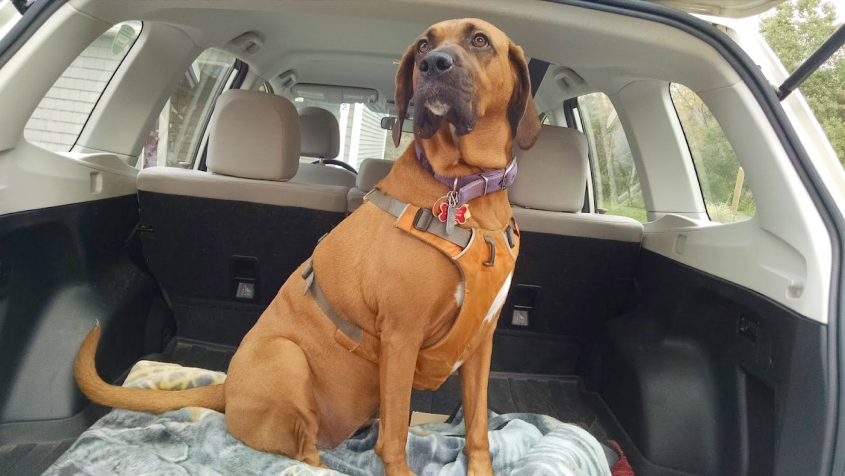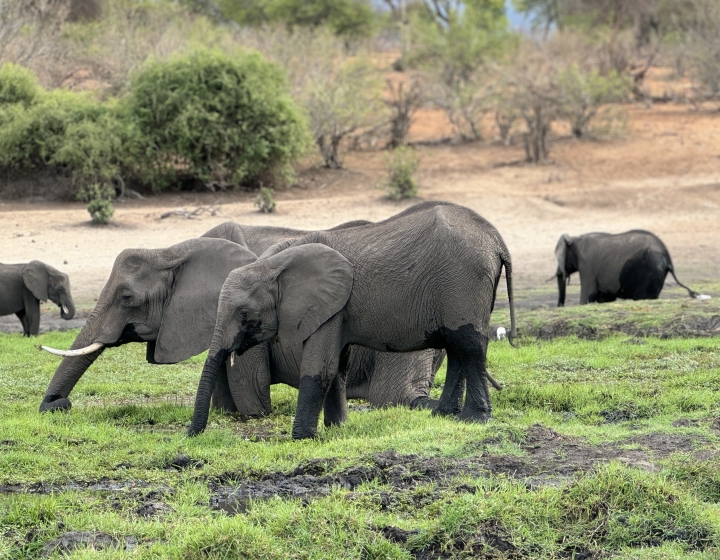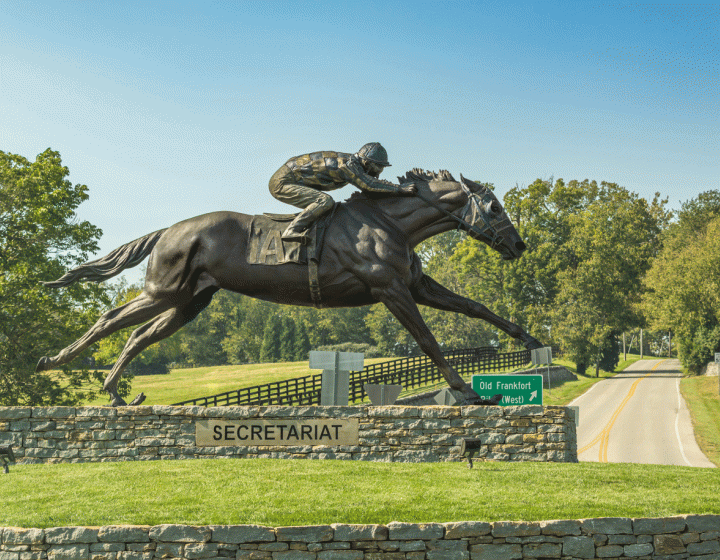Dog with rare tumor gets a happy ending
Cherokee is one lucky dog: thanks to her Cornell veterinarian owner who recognized an unusual symptom and world-class specialty care from the Cornell University Hospital for Animals, she has made a remarkable recovery from a potentially life-threatening cancerous tumor.
“Our story is a perfect example of why Cornell is such a great place to take your pet,” says Dr. Cynthia Hopf, assistant clinical professor at the Janet L. Swanson Wildlife Hospital. “Every service is all under one roof, and they’re all quite good at what they do. Cherokee saw five different specialty services. It’s really impressive.”

It all started when the nine-year-old boxer-bloodhound mix displayed some symptoms of what’s known as Horner’s syndrome — a drooping in the eyelid and decreased pupil size — which can be associated with multiple neurologic problems. Hopf had seen this many times before in her wildlife patients with head trauma and knew right away that something was amiss. “She hadn’t had any kind of trauma, and she is nine years old — I knew it was probably something serious,” she says.
Hopf immediately reached out to her colleagues in the Neurology and Neurosurgery Service, resident Dr. Courtney Korff and Dr. Emma Davies, associate clinical professor and co-section chief, who soon took Cherokee in for imaging. The neurology team scanned the dog and found something unexpected — a mass in the dog’s chest which was later diagnosed as a neuroendocrine carcinoma. The tumor was still small and would have likely gone undetected if it had not been in the right location to press against a nerve that courses through the chest and plays a role in normal function of the eye. The location and nature of the tumor was highly unusual and may serve as a neurological case study in the future.
“After that, we scheduled a surgery with Dr. Nicole Buote [associate professor of small animal surgery],” Hopf says. Buote, who is trained in minimally invasive surgery, used delicate tools and scopes threaded through small incisions in Cherokee’s chest to remove the tumor. This approach avoids cutting open the chest and ribs and makes for a much easier recovery. “I was able to bring my 80-pound in for thoracic surgery, and she left with only three small incisions in her chest. She was up and about the next day.”
That’s not to say that Hopf didn’t have her share of stress related to her dog’s procedure. “I’m used to being on the clinician’s side of the experience,” she says about the surgery. “When you’re on the client’s side, it’s very nerve-wracking. It’s difficult to just wait and trust.”

In fact, Cherokee’s response to anesthesia was complicated, which Dr. Jordyn Boesch, associate clinical professor in the Anesthesiology and Pain Medicine Service, tended to with expert care, ensuring the dog stayed asleep and pain free throughout.
The mass submitted for assessment by the Pathology Service at Cornell and found to be a neuroendocrine carcinoma. Her case was then taken directly from surgery to the Oncology Service, who followed up with case management. “The communication between services happened so easily,” says Hopf. “From neurology to surgery, and oncology picking it right up after that — it was all seamless.”
After the surgery, Hopf started Cherokee on the cancer drug Palladia. “With canine cancer, you don’t aim for a cure, you aim for comfort,” says Hopf. However, when Cherokee came in for her most recent
scan, the radiology team, who had imaged Cherokee throughout her cancer journey, had unbelievably good news. “After radiology’s careful scrutiny, they were able to tell me there was no evidence of disease anywhere!” Hopf says. To be safe, Cherokee will stay on the Palladia, but is doing well at home with her little sister Maggie, a bloodhound puppy Hopf and her husband adopted this summer.
Hopf grateful for the good luck, top-tier care, and smooth communication that made Cherokee’s case successful. “The hospital has done an amazing job. The Cornell clinical teams are truly amazing people.”
Written by Lauren Cahoon Roberts






